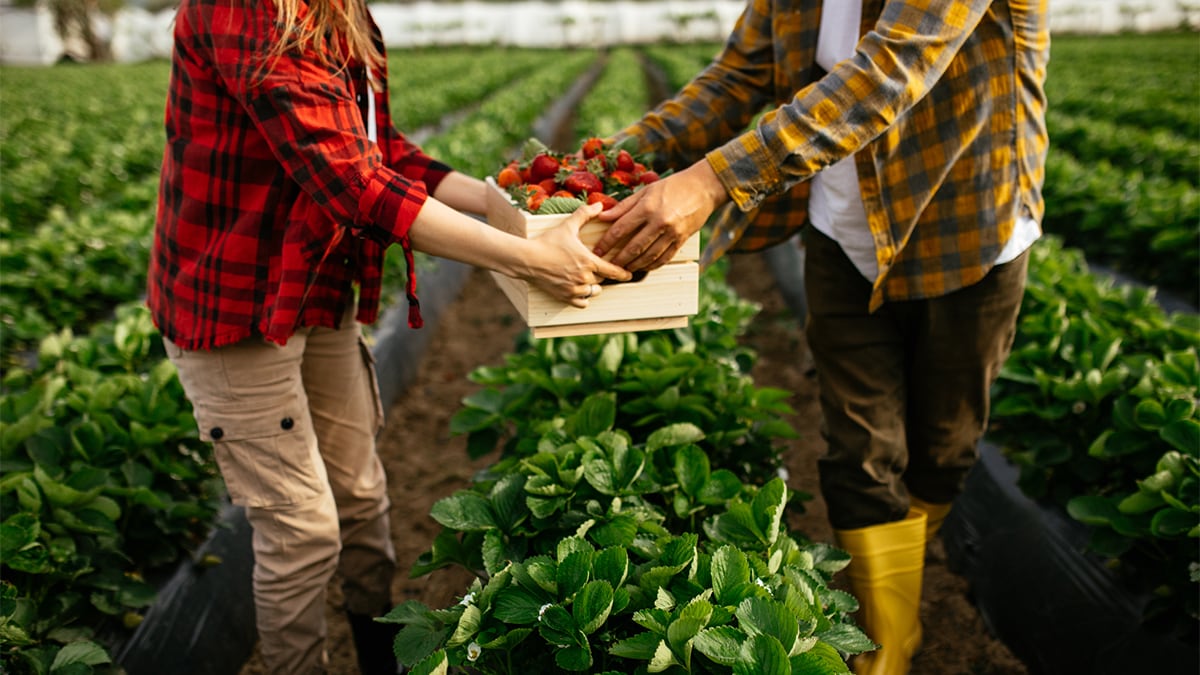Update
CDC and partners investigated a multistate hepatitis A outbreak linked to fresh organic strawberries imported from Baja California, Mexico, that were purchased in the United States from March 5, 2022 through April 15, 2022. The outbreak investigation is over.
Fast Facts
United States
- Confirmed cases: 19
- Hospitalizations: 13
- Deaths: 0
- States: Arizona, California, Minnesota, North Dakota
CDC and partners investigated a multistate hepatitis A outbreak linked to fresh organic strawberries imported from Baja California, Mexico, that were purchased in the United States from March 5, 2022 through April 15, 2022. The outbreak investigation is over.
Situation summary
Illnesses started on dates ranging from March 28, 2022 to May 6, 2022. People ages 9–73 years old (median age=57 years) became ill, and 63% of ill people were female. Of 19 people with available information, 13 (68%) were hospitalized. No deaths were reported.

The potentially affected FreshKampo and HEB products are past shelf life and no longer available for purchase in the United States. These products might have been sold at retailers including, but not limited to:
- HEB
- Kroger
- Safeway
- Sprouts Farmers Market
- Trader Joe’s
- Walmart
- Weis Markets
- WinCo Foods
Outbreak investigation summary
Multiple organizations investigated a multistate outbreak of hepatitis A illnesses linked to imported fresh organic strawberries in 2022. These organizations included CDC, the US Food and Drug Administration (FDA), public health and regulatory officials in several states, the Public Health Agency of Canada, and the Canadian Food Inspection Agency.
Source of the outbreak
Potentially contaminated fresh organic strawberries were imported from Baja California, a state in northern Mexico, and branded as FreshKampo and HEB by a common supplier.
What you should do
If you learn about an outbreak, follow advice from health officials.
In this outbreak, CDC recommended throwing away fresh and frozen fresh organic strawberries branded as FreshKampo or HEB if they were purchased between March 5, 2022, and April 15, 2022.
If people were unsure of the brand, purchase date, or store origin of fresh strawberries they froze, they were advised to throw them away.
If people had eaten these organic strawberries within the past 14 days and were not vaccinated against hepatitis A, they were advised to contact their local health department or health care provider to discuss getting postexposure protection (hepatitis A vaccine or immune globulin), as it can help prevent illness if received within 14 days of exposure.
Resources
About Hepatitis A
Hepatitis A is a contagious liver infection. It spreads when someone ingests the hepatitis A virus, usually through eating contaminated food or drink or close personal contact with a person who is infected with the virus.
Symptoms of Hepatitis A
Symptoms of hepatitis A usually appear 2–7 weeks after exposure and can include:
- Dark urine or clay-colored stools
- Diarrhea
- Fatigue
- Fever
- Joint pain
- Loss of appetite
- Nausea, stomach pain, throwing up
- Yellow skin or eyes
Severity of symptoms
- Not everyone with hepatitis A has symptoms.
- Adults are more likely to have symptoms than children.
- People who get hepatitis A can feel sick for a few weeks to several months but usually recover completely.
- In rare cases, hepatitis A can lead to hospitalization, liver failure, and even death.
